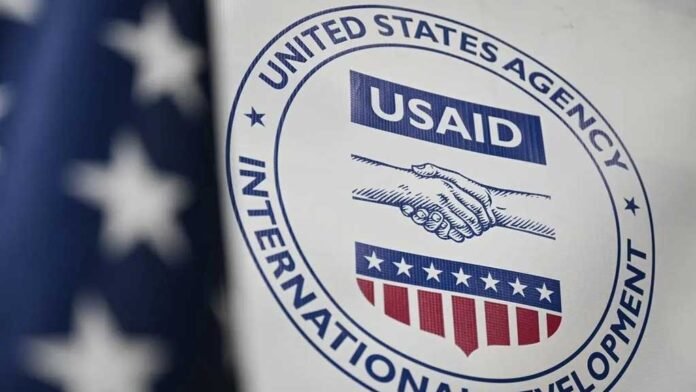After more than six decades at the forefront of American foreign aid and global development, the United States Agency for International Development (USAID) officially ceased operations on July 1, 2025. The closure marks a historic pivot in U.S. foreign policy, as the agency’s functions were absorbed into the State Department’s “America First” framework, led by Secretary Marco Rubio. Founded in 1961 by President John F. Kennedy to project American soft power during the Cold War, USAID has long been seen as a symbol of humanitarian diplomacy. Now, it ends with 83% of its programs terminated and 94% of its workforce laid off, leaving only about 300 staff members to oversee a vastly reduced scope of operations, according to internal transition documents cited by Time and The Guardian.
The decision to dissolve USAID came amid sweeping government reforms under the Trump administration’s second term. A key driver was the newly formed Department of Government Efficiency (DOGE), spearheaded by tech magnate Elon Musk. DOGE labeled USAID as bloated, ideologically compromised, and misaligned with contemporary U.S. interests. Secretary Rubio echoed this sentiment, arguing that the traditional aid model had become a “charity-based” approach that fostered long-term dependency. Instead, he proposed a model focused on strategic trade partnerships and private sector-led development, as outlined in statements to Reuters and Politico.
The humanitarian fallout, however, has sparked global concern. A Lancet study released just hours before the agency’s final day projected as many as 14 million additional deaths by 2030 due to disruptions in healthcare systems once supported by USAID. The report warns that 4.5 million of those deaths could be among children under five, with the steepest impacts anticipated in sub-Saharan Africa and conflict zones. The World Health Organization added that in Sudan alone, an estimated 5 million people could lose access to critical services, including maternal care and emergency medicine.
USAID had played a pivotal role in global health. Its initiatives—including PEPFAR (President’s Emergency Plan for AIDS Relief) and the President’s Malaria Initiative—helped prevent more than 90 million deaths between 2001 and 2021, per Time reporting. With the agency gone, experts predict up to 630,000 HIV-related deaths annually, alongside nearly 10 million additional cases of malaria each year.
Prominent voices have condemned the move. Former Presidents Barack Obama and George W. Bush, speaking in a joint statement reported by The Guardian, described the closure as a “colossal mistake.” Bush highlighted the success of PEPFAR, which he launched in 2003, stating it saved over 25 million lives globally. Activists and humanitarian organizations echoed their sentiments, calling the dismantling of USAID a “travesty” and a blow to U.S. soft power and credibility abroad.
Yet Rubio and his allies remain firm. In remarks to Dawn, he claimed that while USAID had noble beginnings, it “failed to evolve past a Cold War mindset” and that future U.S. assistance will be “leaner, smarter, and outcome-driven.”
Legally, efforts to block the agency’s dissolution were dismissed by a federal appeals court earlier this year, clearing the way for the July 1 transition. The decision has also sent ripples through Washington’s aid contracting industry. Firms like Chemonics and Credence, once heavily dependent on USAID funding, have laid off hundreds as project pipelines dried up, according to reports from Reddit and Health Policy Watch. Meanwhile, clinical trials for HIV, malaria, and tuberculosis have been abruptly halted, leaving patients and researchers stranded in countries like Kenya, Uganda, and Bangladesh.
Multimedia outlets captured the agency’s final moments. A widely circulated AP News video titled “After six decades, USAID closes its doors” shows staff members leaving the Washington headquarters with boxes and tears, while AFP photojournalists documented empty project offices from Kabul to Kinshasa.
As USAID’s curtain falls, the global community is left grappling with the implications—not just for development aid, but for the identity of U.S. leadership in a fractured world. Whether the “America First” approach can fill the void left behind remains a question history will answer.






